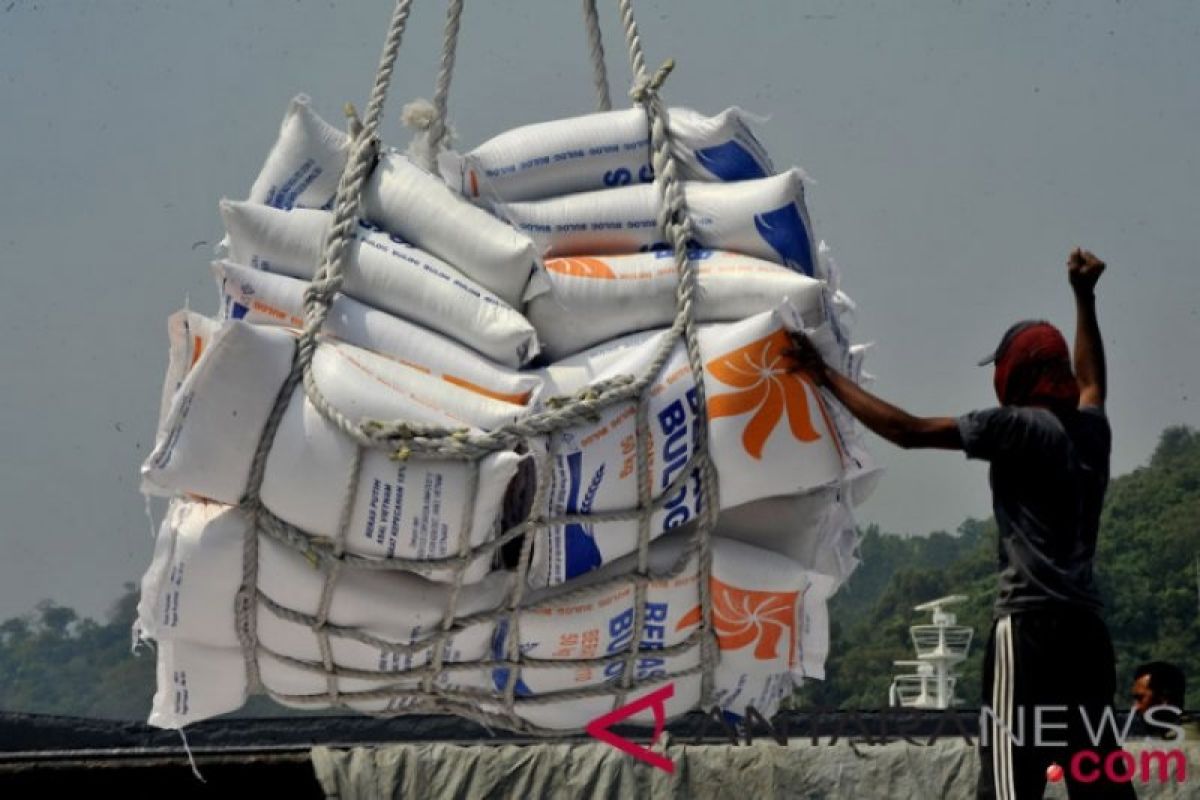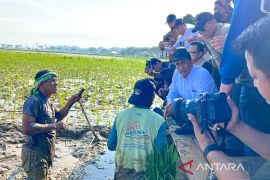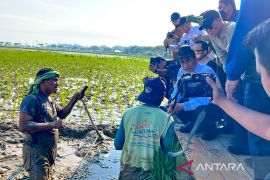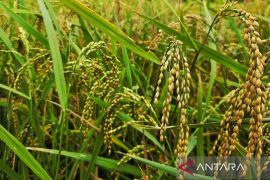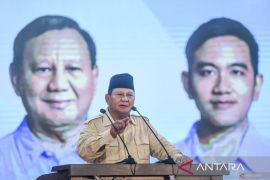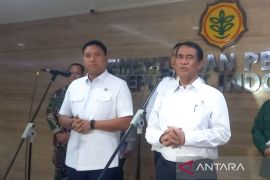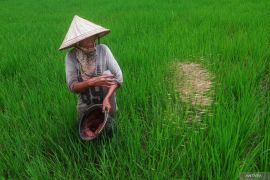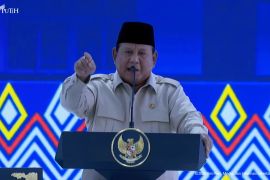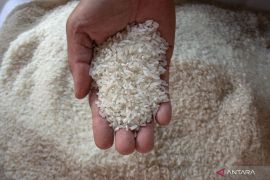At a press conference here on Wednesday, Pasluddin noted that despite the state's budget being less than half in comparison to that in 2015, the nation's agriculture sector is capable of providing food for every Indonesian.
The Agriculture Ministry's data indicated that Indonesia's food resilience had increased during the pandemic to the extent that rice exports had soared by 15.4 percent in 2020, and this trend was estimated to continue well into 2021.
Pasluddin urged the government to not import rice for two years and to evaluate for potential rice imports in 2021.
The House member pointed out that Indonesia had been importing 41.6 thousand tons of rice worth US$18.5 million. In comparison, in June 2021, the realization of imports in July decreased by 38.6 percent, while the value of rice imports in June 2021 had reached US$30.12 million.
Related news: Indonesia's food estate program to meet domestic food requirements
The House member lauded the viewpoint of Agriculture Minister Syahrul Yasin Limpo on how agriculture is not merely about food but also about jobs, the basic economy, and nutrition needed for health and development.
"Sometimes, food, especially rice, is not just a commodity fought for the nation's idealism, but it also a political tool that could create differences of opinions within the government between technical and non-technical ministries," Pasluddin noted.
At the end of day, the import policy and the people become the victims as of result of this conflict, he noted.
"I am optimistic that it would no longer occur, and we would accompany the government in monitoring, so that for the next two years and perhaps longer, non-premium regular rice would no longer be imported to fulfill requirements when there should have been adequate stocks," he stated.
Related news: President stresses no rice imports have entered Indonesia so far
Translator: Aditya Ramadhan, Fadhli Ruhman
Editor: Rahmad Nasution
Copyright © ANTARA 2021
